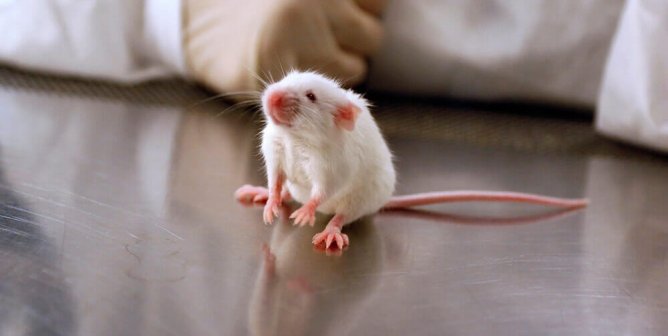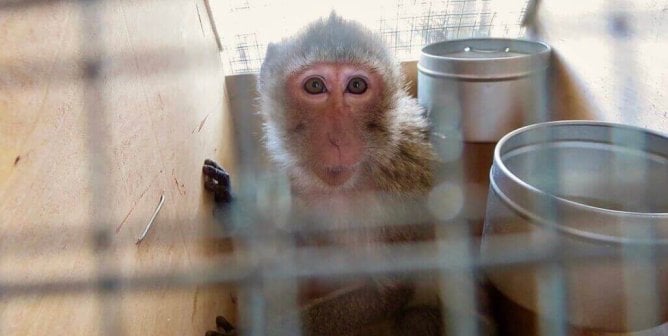PETA’s Citizen Petitions
On March 15, 2011, PETA submitted a citizen petition to the U.S. Department of Health and Human Services (HHS) asking that the National Toxicology Program (NTP) end its Host Susceptibility Program, a research program that could lead to an exponential increase in the number of animals used in toxicity tests by testing substances in multiple strains of mice. In addition to the impracticality of evaluating each substance in as many as 100 different strains of mice, mouse genetic susceptibility studies are rarely applicable to humans.
The petition also called for the National Institutes of Health to end its funding of the International Mouse Phenotyping Consortium’s plan to create 20,000 new strains of “knockout” mice in which individual genes are inactivated in order to identify which ones are associated with human disease. As demonstrated by the failures of this approach in the study of Alzheimer’s disease, obstructive pulmonary disease, and Parkinson’s disease, there is little reason to expect that experiments with knockout mice will provide insights into the complex gene interactions that occur in humans.
Despite evidence that such experiments are ineffective and will result in the death of thousands of animals, HHS denied our petition without addressing any of the issues that PETA had raised.
PETA’s submission followed an April 2008 petition to HHS requesting that the agency commence rulemaking that would guarantee that proposed NTP animal experiments would be conducted only if there were insufficient existing data and that would require that non-animal methods be used wherever possible. Again, our petition was denied, with HHS simply stating that existing laws and regulations achieve the items outlined in our petition. In a supplement to the original petition, PETA reminded HHS that NTP “pays lip service” to the concept of the replacement, refinement, and reduction of animals in research (the 3Rs) and, in fact, routinely ignores the existing laws and regulations designed to implement the 3Rs.








